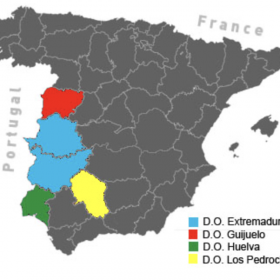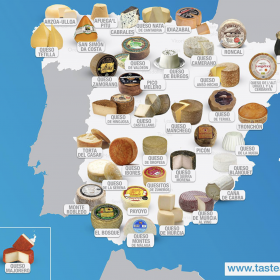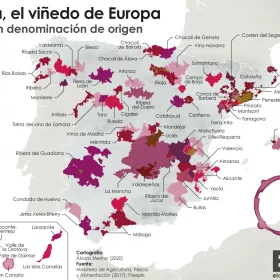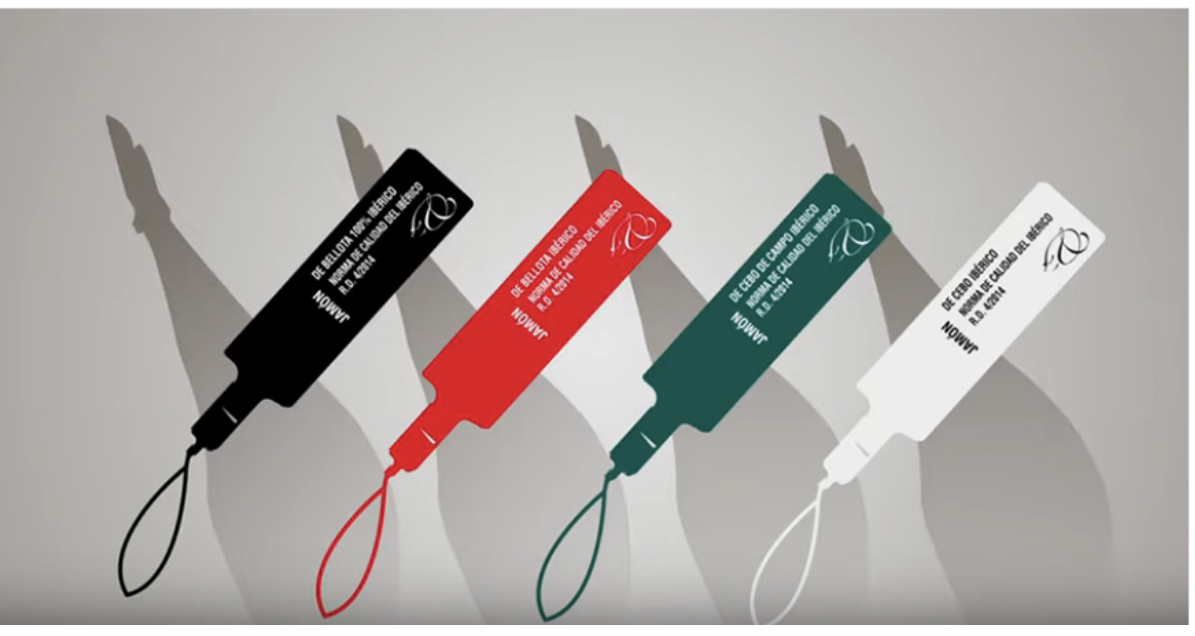Spain on your table
Denominations of Origin: The Spanish Seal of Quality
When shopping for Spanish gourmet products, you might notice labels like Denominations of Origin “D.O.” or “Protected Designation of Origin.” But what do they mean — and why are they important?
What are Denominations of Origin?
A Denomination of Origin (D.O.) is an official certification that guarantees a product comes from a specific region and meets strict quality standards.
Why Denominations of Origin Matters
✔️ Ensures authenticity
✔️ Supports local producers and traditional methods
✔️ Guarantees a certain level of quality and flavor
Common Spanish D.O. Products

Denominations of Origin Jamon Iberico
Look for D.O.s like:
-
D.O. Jabugo
-
D.O. Guijuelo
-
D.O. Dehesa de Extremadura
- D.O. Dehesa de los Pedroches
Cheese Denominations of Origin
Authentic Manchego comes from La Mancha and carries its own D.O. seal. But Spain counts with a large number of different Cheese D.O.s. Other examples like Manchego are:
- D.O. Idiazabal
- D.O. Cabrales
- D.O. Mahon
- D.O. Majorero
- Find more here (spanish link)


Wines & Olive Oils
Many Spanish wines (like Rioja or Ribera del Duero) and olive oils also have D.O. certifications.
Choosing products with a D.O. seal ensures you’re getting genuine, high-quality Spanish flavors — and supporting centuries of tradition.









